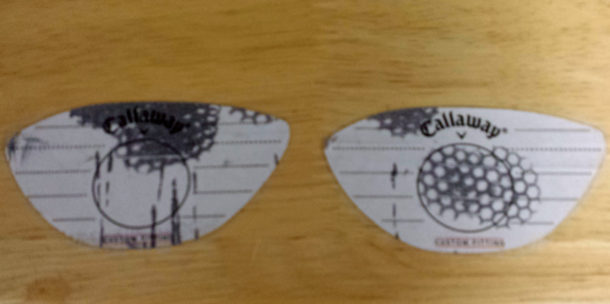For golfers, selecting the right golf club is essential to achieving optimal performance on the course. The golf shaft is a critical component of the golf club that can significantly impact a golfer’s game. The shaft’s stiffness, or flex, can greatly impact the club’s performance and the golfer’s ability to hit the ball consistently.
A golf club with a shaft that is too stiff can cause a range of issues, including inconsistent ball flight and loss of distance. These symptoms can impact a golfer’s game and cause frustration on the course.
In this article, we will explore the symptoms of a golf shaft that is too stiff and provide insights on how to identify and fix the issue. We will discuss the factors that affect golf shaft flex, how to test for a golf shaft that is too stiff, and methods for fixing a golf shaft that is too stiff.
By understanding the symptoms of a golf shaft that is too stiff and how to determine the appropriate shaft for your swing characteristics, you can improve your game and achieve better results on the course. So, read on to learn more about the golf shaft too stiff symptoms and how to address them to improve your performance.

Understanding Golf Shaft Flex
The flexibility of a golf shaft is an essential factor that determines its suitability for a golfer. The shaft’s flex can be categorized into different types, including L (Ladies), A (Senior), R (Regular), S (Stiff), and X (Extra-Stiff). Each type corresponds to a specific range of swing speeds and tempo.
A golf club with a shaft that is too stiff for the golfer’s swing characteristics can result in various issues. When a golfer uses a golf club with a shaft that is too stiff, it can cause them to lose distance and have inconsistent ball flight.
Factors that Affect Golf Shaft Flex
Several factors can affect the flex of a golf shaft, including swing speed, swing tempo, and the player’s overall physical attributes. A golfer’s swing speed is one of the most critical factors that affect shaft flex. Golfers with a higher swing speed generally require a stiffer shaft, while those with a lower swing speed require a more flexible shaft.
Swing tempo is another factor that affects the golf shaft’s flex. A golfer with a smooth and easy swing may require a more flexible shaft, while a golfer with a faster and more aggressive swing may need a stiffer shaft.
Symptoms of a Golf Shaft that is Too Stiff
There are several symptoms that a golfer may experience when using a golf club with a shaft that is too stiff, such as inconsistent ball flight and loss of distance. When a golf club has a shaft that is too stiff, the golfer may also experience discomfort in their wrists, elbows, or shoulders due to the additional strain on their muscles.
How to Test for a Golf Shaft that is Too Stiff
Several methods can help determine if a golf shaft is too stiff for a golfer’s swing characteristics. One common method is the deflection test, which involves measuring how much a shaft bends when weight is applied to it. Another method is the swing weight test, which measures the total weight of the golf club, including the shaft’s weight.
How to Fix a Golf Shaft that is Too Stiff
Several methods can help fix a golf shaft that is too stiff, including adding weight to the clubhead, changing the shaft’s material, or altering the shaft’s flex. One effective way to fix a golf shaft that is too stiff is to add weight to the clubhead, which can increase the overall weight of the club and create a more flexible shaft.
Conclusion
Choosing the right golf shaft flex is critical to a golfer’s performance. Understanding the various factors that affect golf shaft flex and the symptoms of a golf shaft that is too stiff can help golfers select the appropriate shaft for their swing characteristics. By testing and fixing golf clubs with shafts that are too stiff, golfers can improve their game and achieve more consistent results.
